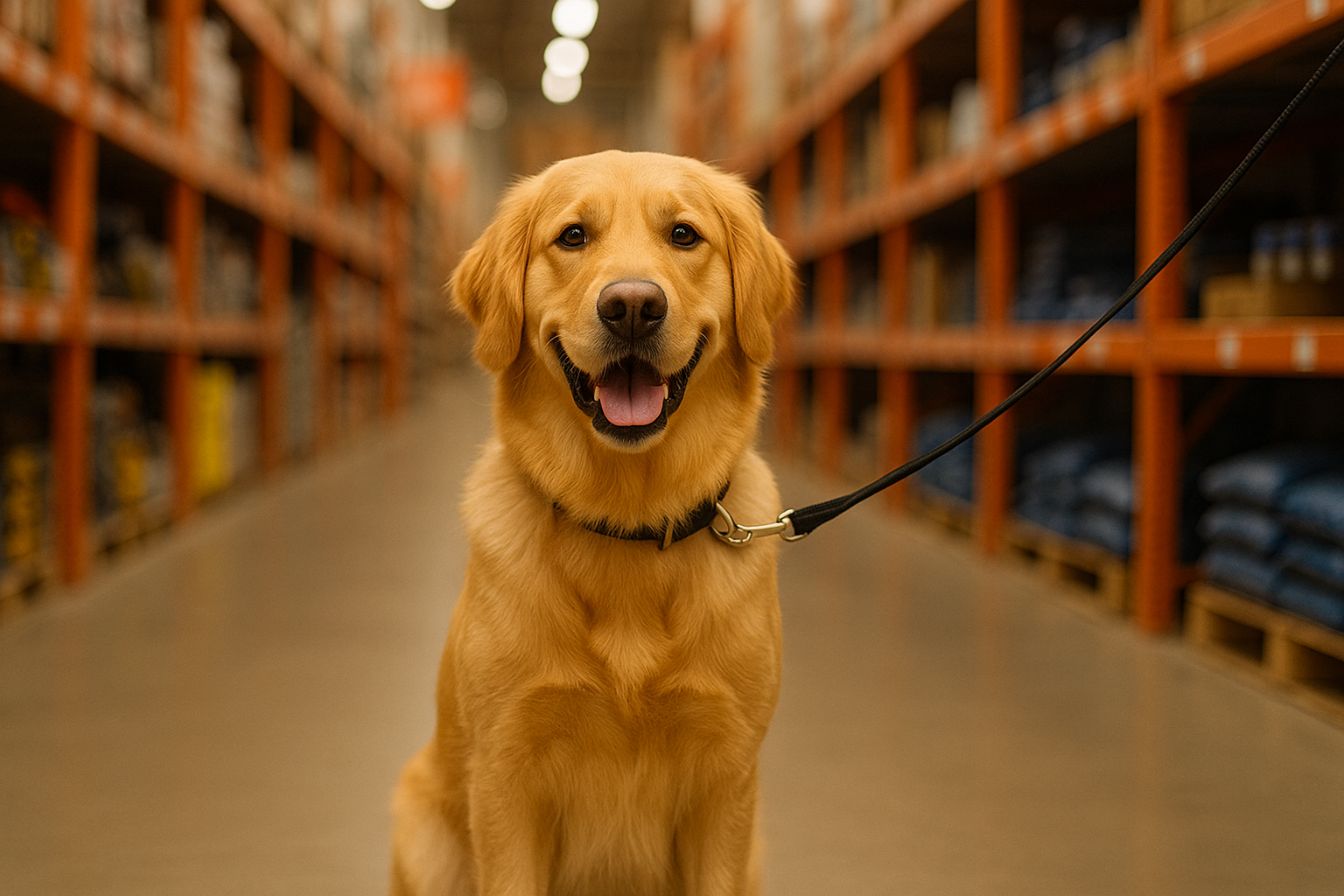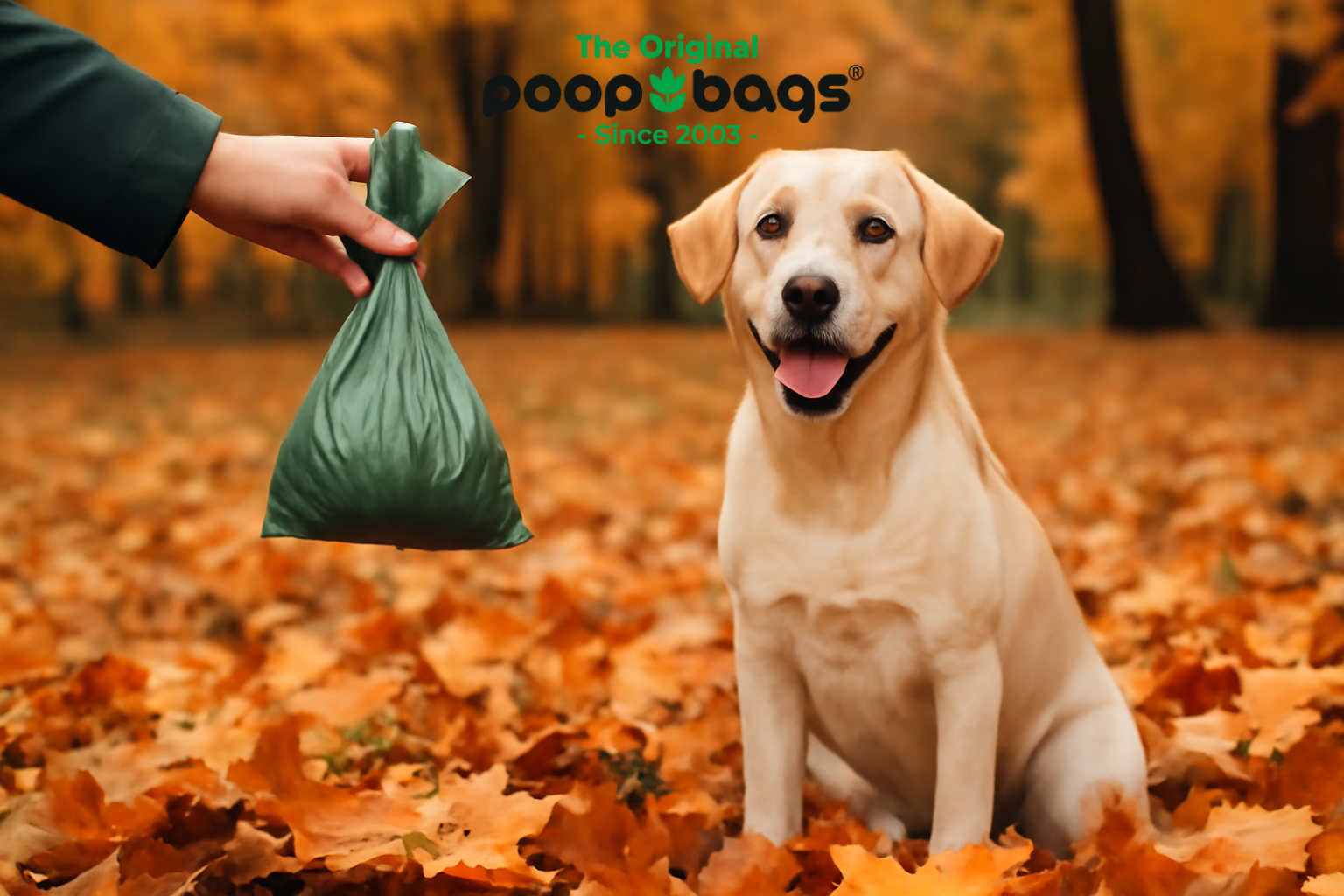From itchy skin to upset stomachs, our furry companions can face a range of health issues. Knowing the signs—and how to prevent them—can make a huge difference in your pet’s well-being. Here are five of the most common concerns:
1. Fleas & Ticks
Why it matters:
Fleas can cause severe itching, skin infections, and allergic reactions. Ticks can spread serious illnesses like Lyme disease and Rocky Mountain spotted fever.
Signs to look for:
-
Constant scratching or biting
-
Red, irritated skin
-
Hair loss
-
Tiny black specks (flea dirt) or visible ticks
What to do:
-
Use vet-approved preventatives year-round
-
Check your pet regularly, especially after walks
-
Keep bedding and living areas clean
2. Heartworms
Why it matters:
Heartworms are spread by mosquitoes and can cause irreversible damage to the heart and lungs. Left untreated, it can be fatal.
Signs to look for:
-
Persistent cough
-
Fatigue after mild activity
-
Weight loss
-
Difficulty breathing
What to do:
-
Use monthly heartworm prevention
-
Schedule annual heartworm tests
-
Avoid mosquito-prone areas during peak seasons
3. Diarrhea & Digestive Upset
Why it matters:
Loose stool can be a symptom of something minor—or a sign of a serious issue like parasites, infections, or food intolerance.
Signs to look for:
-
Frequent or watery stools
-
Vomiting
-
Lethargy
-
Loss of appetite
What to do:
-
Avoid giving table scraps or unfamiliar foods
-
Ensure access to clean water
-
Visit your vet if symptoms last more than 24 hours or include blood
4. Obesity
Why it matters:
Extra weight increases the risk of joint pain, diabetes, heart disease, and a shorter lifespan.
Signs to look for:
-
No visible waistline
-
Difficulty moving or exercising
-
Labored breathing
-
Reluctance to play
What to do:
-
Feed measured portions
-
Limit treats
-
Stay active with regular walks and playtime
-
Ask your vet about a weight management plan
5. Allergies
Why it matters:
Just like humans, pets can be allergic to pollen, dust, food ingredients, or even fleas. Allergies can cause chronic discomfort and infections if untreated.
Signs to look for:
-
Excessive licking, chewing, or scratching
-
Red or inflamed skin
-
Frequent ear infections
-
Vomiting or diarrhea (food-related)
What to do:
-
Keep your home clean and dust-free
-
Use flea control regularly
-
Switch to limited-ingredient diets if needed
-
Ask your vet about testing or medication
🩺 Final Thoughts
Caring for your pet means staying one step ahead of common health problems. Preventative care, routine checkups, and a watchful eye at home go a long way toward keeping your dog or cat happy and healthy.
✔️ Quick Checklist:
-
✅ Stay up to date on flea, tick, and heartworm preventatives
-
✅ Feed a balanced, portion-controlled diet
-
✅ Watch for unusual behavior or symptoms
-
✅ Keep regular vet appointments
-
✅ Ask questions—you're your pet’s best advocate
Need help keeping your pet healthy on the go? Don’t forget your poop bags, treats, and plenty of fresh water during those outdoor adventures.










